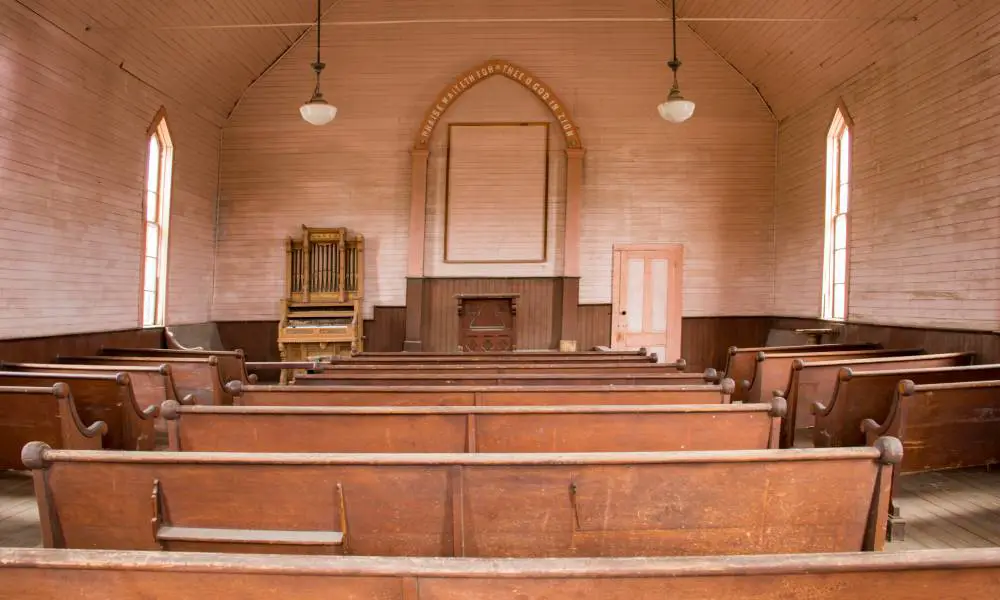

Churches are often historical landmarks with cultural importance that we cannot measure. Updating this sacred space is often a daunting but rewarding task for many church leaders and congregation members. Doing so can preserve the church’s architectural beauty while improving its functionality, allowing tradition to merge with modernity. Here’s what you need to know about remodeling a church.
Assess what you must remodel and why before starting. Do you want to update the sanctuary, expand seating, or improve accessibility? Define your goals to prioritize tasks and guide the project toward success.
Creating a dedicated committee to oversee the remodeling project is crucial. Include church leaders, congregation members, and experts in architecture and construction. This diverse group can provide valuable insights and ensure you receive everyone’s feedback.
Respect the church’s traditional elements when remodeling. Maintain key features such as its stained-glass windows, altars, and pews. Consult this guide to church pew refinishing to get a better idea of the process.
You can also incorporate energy-efficient lighting, modern HVAC systems, and updated audio-visual equipment. These changes can make the space more comfortable and functional without sacrificing its sanctity.
Budgeting is a critical part of planning. A clear budget prevents financial strain and allows for smoother project execution. Consider fundraising, grants, and donations to cover costs.
Be realistic about what you can afford and plan for unexpected expenses. Be transparent about how you use your funds. Regular updates on progress and spending build trust and encourage further support.
Selecting the right contractor is crucial to any successful renovation project. Look for those with experience in historic building renovations and churches. Check references and reviews to ensure they have a good track record.
Maintain open, clear communication with your contractor. Consider the church calendar and plan around significant events. A clear timeline manages expectations and keeps the project moving forward.
Some may disagree with the remodeling plans. Be sure to address concerns respectfully and provide clear reasons for changes. Open dialogue can alleviate fears and build consensus.
Remember, weather, supply issues, and unforeseen problems can impact timelines. Have contingency plans in place to manage these setbacks. Temporary locations or modified schedules can ensure worship continues uninterrupted, keeping the congregation engaged and maintaining a sense of normalcy.
You need to know that remodeling a church is a significant undertaking, but with these tips, it can be a rewarding experience. The renovated space can better serve the congregation, attract new members, and strengthen the church’s role in the community, giving it a new lease on life.
Discover the incredible teamwork of bees and how their collaboration sustains ecosystems. Learn how we…
A night out at a top-notch bar with an incredible view can be an unforgettable…
Learn the critical safety features every go-kart track needs. From barriers to emergency solutions, these…
Wooden pallets are essential for efficient logistics. Learn how to ensure safe transport and storage…
Discover five warning signs that indicate it’s time to replace your car. From repair costs…
Having PPE on hand isn’t enough to protect your team. Learn how to enhance safety…